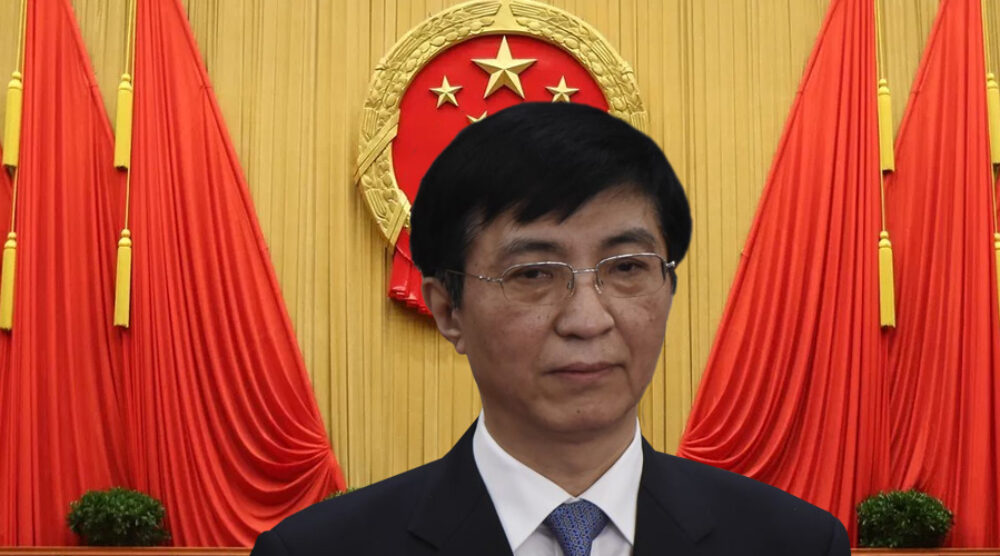In international politics, the concept of “soft power” is already well known. But in the Chinese domestic domain, the contest for power is often dominated by strongman politics. Therefore, the elevation of Wang Huning, a soft-spoken and mild-mannered intellectual, to the Standing Committee of the Chinese Communist Party (CCP) Political Bureau, or Politburo, at the recent Party Congress in China is all the more striking, yielding insights on contemporary politics in China and beyond.
Up From Academia
With his parentage traced back to Shandong Province, the birthplace of Confucius, Wang Huning was born in 1955 to a revolutionary cadre family in Shanghai, where he spent most of his formative years. A quiet and introverted boy, Wang developed a penchant for reading. During the Cultural Revolution (1966-76) when books were in short supply, he managed to access banned titles from his teachers at the Shanghai Yongqiang School, including foreign literary classics.
In 1978, Wang was among the first to participate in the newly revived university entrance examination and passed with flying colors. In fact, he did so well that he was accepted directly into the master’s program in international politics at the prestigious Fudan University, without having to obtain a bachelor’s degree first. Under the supervision of Professor Chen Qiren, a leading researcher on Marx’s Das Kapital, Wang completed his MA thesis tracing the conceptual development of sovereignty, entitled “From Bodin to Maritain: on sovereignty theories developed by the Western bourgeoisie.”
Please click here to read the full “Wang Huning: China’s antidote to strongman politics” article in The Diplomat by Griffith Asia Institute member, Dr Yi Wang.








